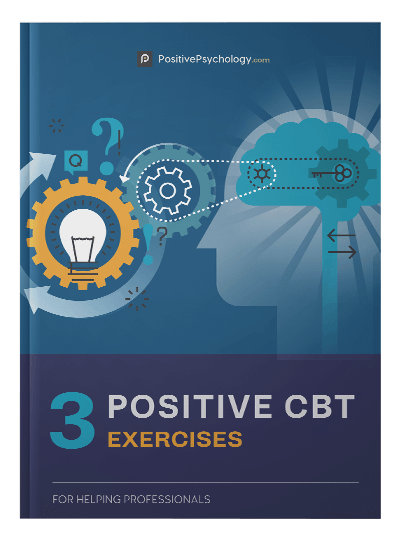Mental health treatment depends on the patient’s ability to report their cognitive and emotional states, the course of their symptoms, and input from friends, relatives, and peers (Koutsouleris et al., 2022).
In turn, the mental health practitioner’s skills, knowledge, and experience are vital for diagnosis and therapeutic decision-making.
AI, machine learning, and other advanced technologies offer tools that support therapists in identifying and treating mental health conditions and performing tasks that are otherwise time consuming (Koutsouleris et al., 2022; Li et al., 2023).
While there are many AI tools for therapy, the following are particularly valuable.
Chatbots and virtual agents
AI therapy chatbots, such as Tess, Wysa, and Woebot, offer “virtual psychotherapeutic services and have demonstrated promising results in reducing symptoms of depression and anxiety” and helping address mental health issues in various populations, including the elderly (Holohan & Fiske, 2021, p. 1).
Such tools are increasingly integrated into practice, offering virtual psychotherapeutic services, assisting in diagnosis, facilitating consultations, providing psychoeducation, and delivering treatment options. AI enables more personalized and adaptive responses using multiple modes of interaction, such as text and voice (Li et al., 2023).
Mobile and instant messaging integration
Conversation agents (chatbots) can be integrated with mobile or instant messaging apps to “assist with diagnosis, facilitate consultations, provide psychoeducation, and deliver treatment” (Li et al., 2023, p. 1).
Such AI use has proven effective in reducing mental health issues, including depression and distress, and is shaped by the quality of the human–AI therapeutic relationships (Li et al., 2023).
Natural language processing
Natural language processing helps analyze patient language in conversations, chats, emails, and social media posts. It can detect patterns that correlate with mental health issues, such as depression or anxiety, and is a vital element of chatbots (Li et al., 2023; Holohan & Fiske, 2021).
Machine learning models for diagnosis
Machine learning models can be used in research and practice to predict the existence and type of mental disorders. Models are trained using participants’ answers to assessment questions and other historical data (Tutun et al., 2023).
These decision support systems (DSS) can assist mental health professionals in making evidence-based treatment decisions, analyzing data, and providing recommendations for mental health diagnoses and treatments.
In one study, researchers concluded that “accurate diagnosis for mental disorders through this proposed DSS can reduce the overall healthcare cost due to misdiagnosis, overdiagnosis, and unnecessary treatment” (Tutun et al., 2023, p. 1271).


 While there are considerable benefits to embracing AI in therapy, there are still challenges and risks to using tools such as ChatGPT for therapy and AI tools for therapists (Minerva & Giubilini, 2023).
While there are considerable benefits to embracing AI in therapy, there are still challenges and risks to using tools such as ChatGPT for therapy and AI tools for therapists (Minerva & Giubilini, 2023). In their article “Is AI the Future of Mental Healthcare?” researchers Francesca Minerva and Alberto Giubilini (2023) identify several key points about the future of AI in mental health care.
In their article “Is AI the Future of Mental Healthcare?” researchers Francesca Minerva and Alberto Giubilini (2023) identify several key points about the future of AI in mental health care.







